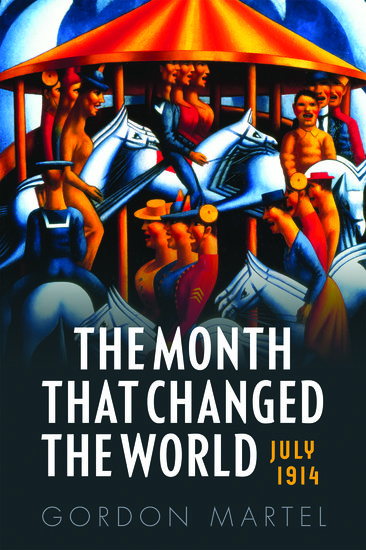Listening on the edge
This week, we’re excited to bring you another podcast, featuring Mark Cave, Stephen M. Sloan, and Managing Editor Troy Reeves. Cave and Sloan are the editors of a recently published book, Listening on the Edge: Oral History in the Aftermath of Crisis, which includes stories of practicing oral history in traumatic situations from around the world.










